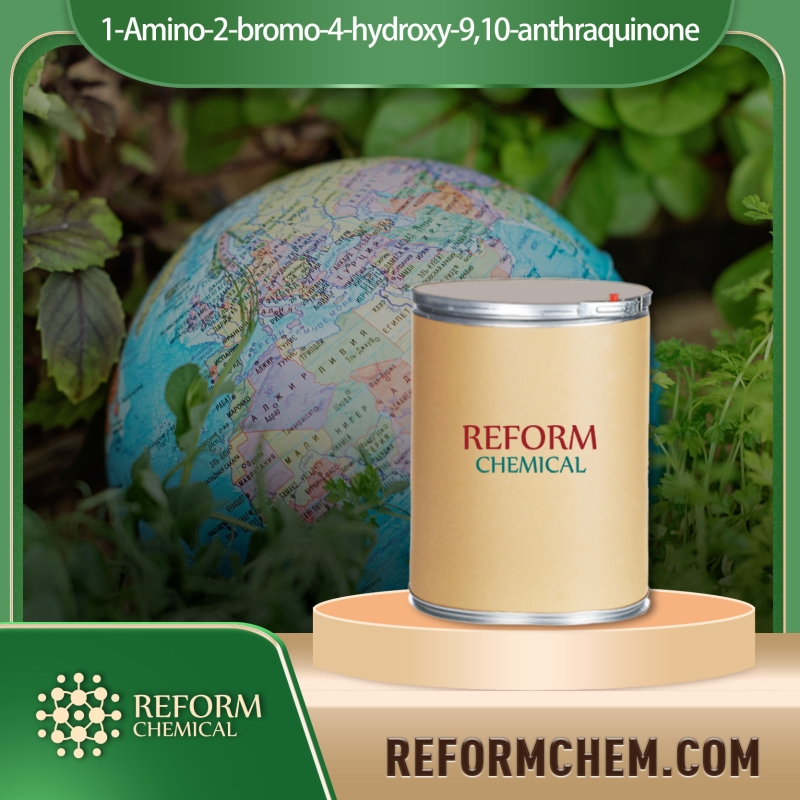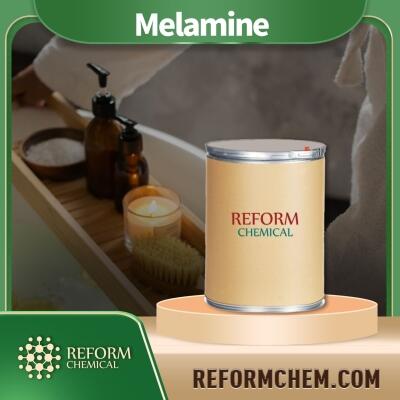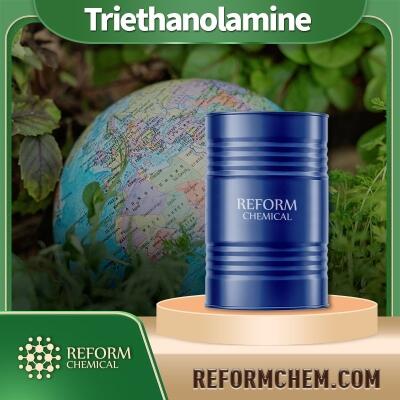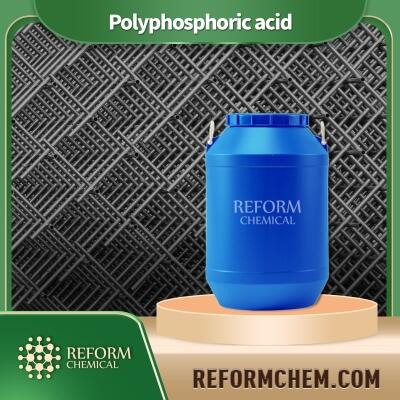Castor oil vs black castor oil for skin: Which one should I choose?
In order to comprehend the differences between castor oil vs black castor oil for skin, we must first identify the factors that set them apart. What are the distinguishing characteristics between the two? Do they elicit varying effects on the skin? If so, which one is more suitable? Join me as we explore these questions!
What is castor oil?
Castor oil is a vegetable oil extracted from castor seeds. The composition of castor oil is ricinoleic acid (80%–85%), oleic acid (7%), linoleic acid (3%), palmitic acid (2%), and stearic acid (1%). It is practically insoluble in water, soluble in ethanol, slightly soluble in aliphatic hydrocarbons, and somewhat volatile. Meanwhile, it is combustible but not flammable. Castor oil is light yellow in color and is a viscous, non-drying oil that is soluble in most organic solvents. It is particularly characterized by its solubility in alcohol.
Castor oil has many features, such as its stability, color protection, pigment dispersion, and lubricity. With these properties, it has wide applications in artificial leather, lubricant, stationery, cosmetics, and medicine both for external use and for drinking. Castor oil is capable of many chemical reactions through its hydroxyl groups, double bonds, and ester bonds. The resulting compounds are important materials in industries like the paint industry, plastics and rubber industry, building materials industry, and machinery industry.
What are the methods of extracting castor oil?
Castor seeds are rich in oil. The method of castor oil extraction varies depending on its intended use:
●For medicinal purposes, castor oil is cold pressed using a hydraulic press at a temperature that does not exceed 50℃. If the temperature exceeds this limit, some impurities will be dissolved in the oil, rendering it unsuitable for medicinal use.
●The leftover seedcake can be crushed and then pressed again or leached to produce castor oil for industrial use.
●The castor oil obtained by direct pressing with a screw press or pre-pressing leaching can only be used for industrial purposes.
The extraction process for castor oil and black castor oil for skin is mainly same with the extraction of castor oil for medical use, while black castor oil for skin maintains its uniqueness. Let us continue to learn!
What makes black castor oil different from castor oil?
As we can tell from their names, the most obvious distinction between castor oil and black castor oil is their color. Castor oil is a nearly transparent, pale-yellow liquid, whereas black castor oil is darker in color, varying from brown to black.
So, what causes castor oil vs black castor oil for skin different in color? The answer lies in the way they are processed. Castor oil for skin is produced through cold pressing, which can guarantee high quality. Generally, the lighter the color of the oil, the better its quality. However, the extraction process for black castor oil for skin does not follow any ways mentioned above. This method originates in Jamaica, and the secret is adding a procedure: get the seeds baked before pressing. Through this, the left ash of baked seeds will cause a rise in the pH level of generated oil, which is believed to have stronger cleaning power. It is also the ash that makes the color of oil black. This ancient method is so influential that people tend to equalize black castor oil for skin and Jamaican black castor oil.
What are the effects of castor oil or black castor oil for skin?
The effects of castor oil vs black castor oil for skin are mostly in common, but black castor oil has its own expertise.
Castor oil can provide skin moisturizing and pain-relieving benefits to keep the skin healthy. Whereas, the fatty acids present in black castor oil can keep the skin hydrated, regulate natural oil production, and help to control fungal infections. Furthermore, black castor oil is an effective conditioner that can prevent hair dryness and hair loss, repair damaged hair, and reduce split ends. Additionally, due to its alkaline nature, black castor oil can open pores and provide deeper cleaning for skin. Therefore, black castor oil may not be the first choice for individuals with sensitive skin.
Conclusion
The biggest difference when applied to skin is that black castor oil has higher pH level, making it more effective for cleansing. When choosing a castor oil, it is essential to determine whether our skin can tolerate an alkaline product. Then, we need to figure out the purposes of using the oil. In most conditions, these two are alternatives to each other, but if you want a deep cleanse or hair care, it will be more advisable to pick black castor oil than castor oil.
Looking for chemical products? Let suppliers reach out to you!
Trade Alert
Delivering the latest product trends and industry news straight to your inbox.
(We'll never share your email address with a third-party.)
Related News
-
A Comprehensive Review Of Weight Loss Injection Pen
-
Analysis Of The Latest Advances In AIDS Treatment
-
What Are the Differences? D Biotin vs Biotin
-
How to Distinguish Between d vs l Sugars
-
What are the Arginine and Ornithine Benefits?
-
Antiperspirant with Aluminum Chloride: Fight Sweat and Odor
-
Citric Acid and Salt | Explore Common Applications
-
What Is Ethyl Acetate Solubility In Water? Let's Dive in
-
Benefits of grape seed extract | Detailed Explanation
-
What Are the Benefits of Cornstarch on Skin?
Recommend Reading
-
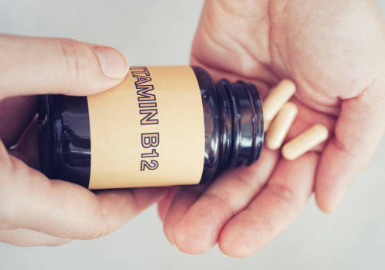
Cyanocobalamin In What Products | Detailed Explanation
-
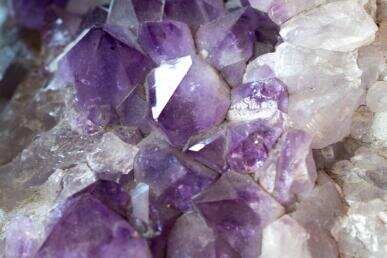
Silicate vs Silicone: What's the Difference?
-

What is Chemical Reactions In Baking
-

Amazing Facts About Chemistry in Daily Life You Won't Believe Are True
-

Why not Take a Closer Look at the Role of Citric Acid in Food?
-

Russia's Ban! Japan's Nuclear Waste Disposal Sparks Global Panic, China Completely Bans Japanese Seafood, Pork Exports Surge by 27,000 Tons!
-

On January 22, the domestic toluene market was stable
-

Biopharmaceutical companies increase R&D investment
-

WuXi NextCODE rebrands as Genuity Science, sheds Shanghai operations
-
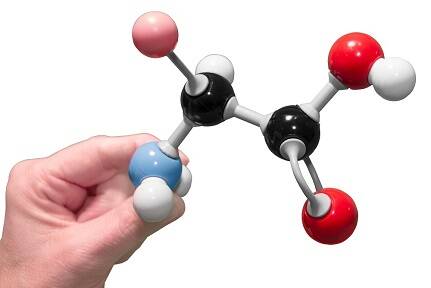
Imports of methionine dropped sharply in July, while exports of lysine were high





